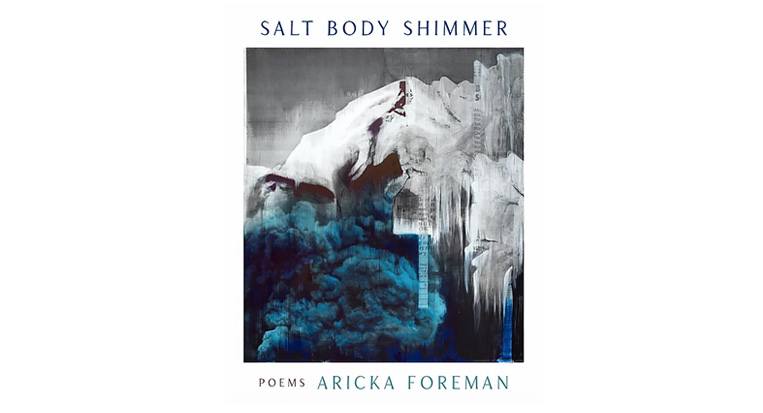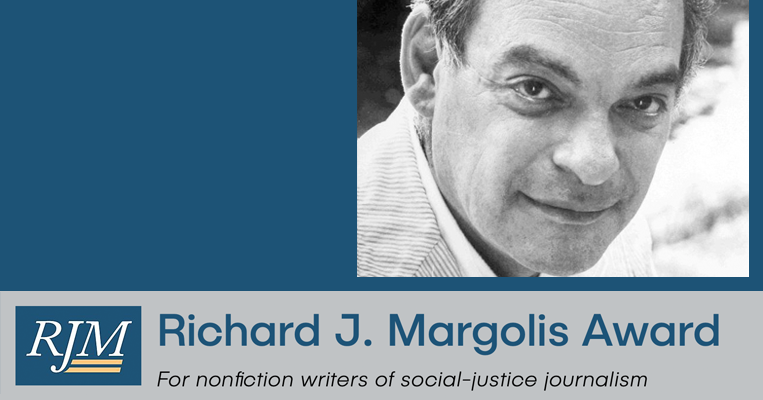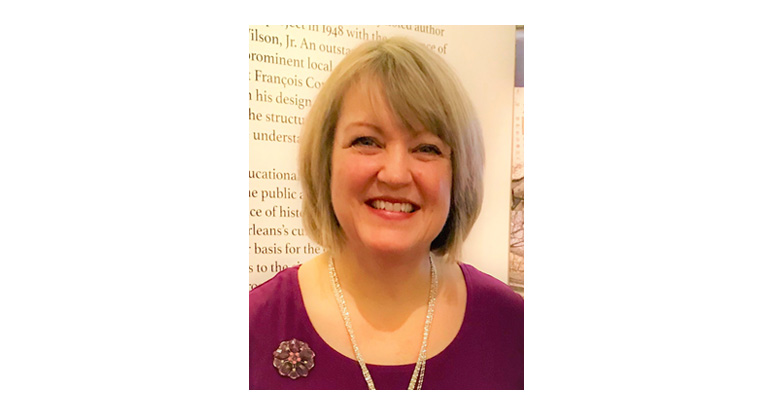Tracy Cunningham is the managing director of the Tennessee Williams & New Orleans Literary Festival and co-director of the New Orleans Writing Marathon. A fiction writer, her writing has appeared in Louisiana Literature and in various anthologies.
How has this pandemic impacted you personally and professionally?
Personally, I’ve been truly lucky, in that no one in my family or my immediate close circle of friends has been ill from the virus. I’ve been able to continue working with ease, as I already have a dedicated writing studio at home, so I’ve just made room for my festival work in my creative space. Professionally, this has been quite a challenge. Our year of preparing for the Tennessee Williams Literary Festival and Saints+Sinners LGBTQ literary festival was all for naught, as we had to cancel just twelve days before our opening event. Since then, we’ve scrambled to adapt to the online world, and we’ve done a few online events with more planned for the coming months. A festival is inherently a social activity, and to move portions of that to an online format is daunting, but we’re eager to connect with our writers and patrons.
What books are you reading while quarantined?
I’m finally finding time to read some of the books by authors who were part of our 2020 festival programming. I’ve recently enjoyed Jac Jem’s False Bingo, Saeed Jones’s How We Fight for Our Lives and Jamie Attenberg’s All This Could Be Yours. Now I’m diving into Maurice Carlos Ruffin’s We Cast a Shadow, and I can already see why it’s getting so much praise. Katy Simpson Smith’s newest book, The Everlasting, is next in my pile.
If you knew five months ago what you know now, how would you have prepared for this moment?
Professionally, knowing that far in advance that our festivals would be canceled would have made that process so much easier. Cancelling just twelve days before kickoff was extremely stressful, especially since we were among the earlier events that had to shut down, so there was no real model to follow.
Luckily, our small team works well together and we were able to get the word out to our people and handle refunds quickly. Personally, I would have enjoyed the city more, had more cocktails and dinners with friends, and appreciated everything NOLA has to offer just a bit more.
Have you attended or participated in any virtual readings? Are they here to stay or do you prefer in-person readings?
I have attended some and I like it just fine, although it’s a bit awkward with everyone smiling and nodding silently. I like how unexpected fun can erupt, though, like at the end of Leigh Camacho Rourks’s reading and interview for her book Moon Trees and Other Orphans. We were all fawning over her two cats, and suddenly all of us grabbed our pets to show them off onscreen. It was a hilariously sweet moment.
In-person readings are ultimately better though for connecting readers and writers, getting books signed, and feeling more in tune to the literary community. But for now, this is what we have and I’m happy to see how many opportunities we have to connect. Our independent bookstores, like Garden District Book Shop, have hosted some great online events, and we partnered with them and Beauregard-Keyes House to host an upcoming Sunday Salon Series. And we partnered with Tubby & Coo’s Mid-City Book Shop to feature some of our Saints+Sinners Festival speakers.
What’s your hope for New Orleans during and after this pandemic?
My husband works at Galatoire’s, so we’re eager to see the numbers drop low enough for restaurants to re-open (with careful measures to keep patrons safe, of course). I hope we’re able to gather again and enjoy the beauty and history and culture that is so uniquely New Orleans.
Tracy Cunningham. (Credit: Tracy Cunningham) Kelly Harris is the literary outreach coordinator for Poets & Writers in New Orleans. Contact her at NOLA@pw.org or on Twitter, @NOLApworg.






